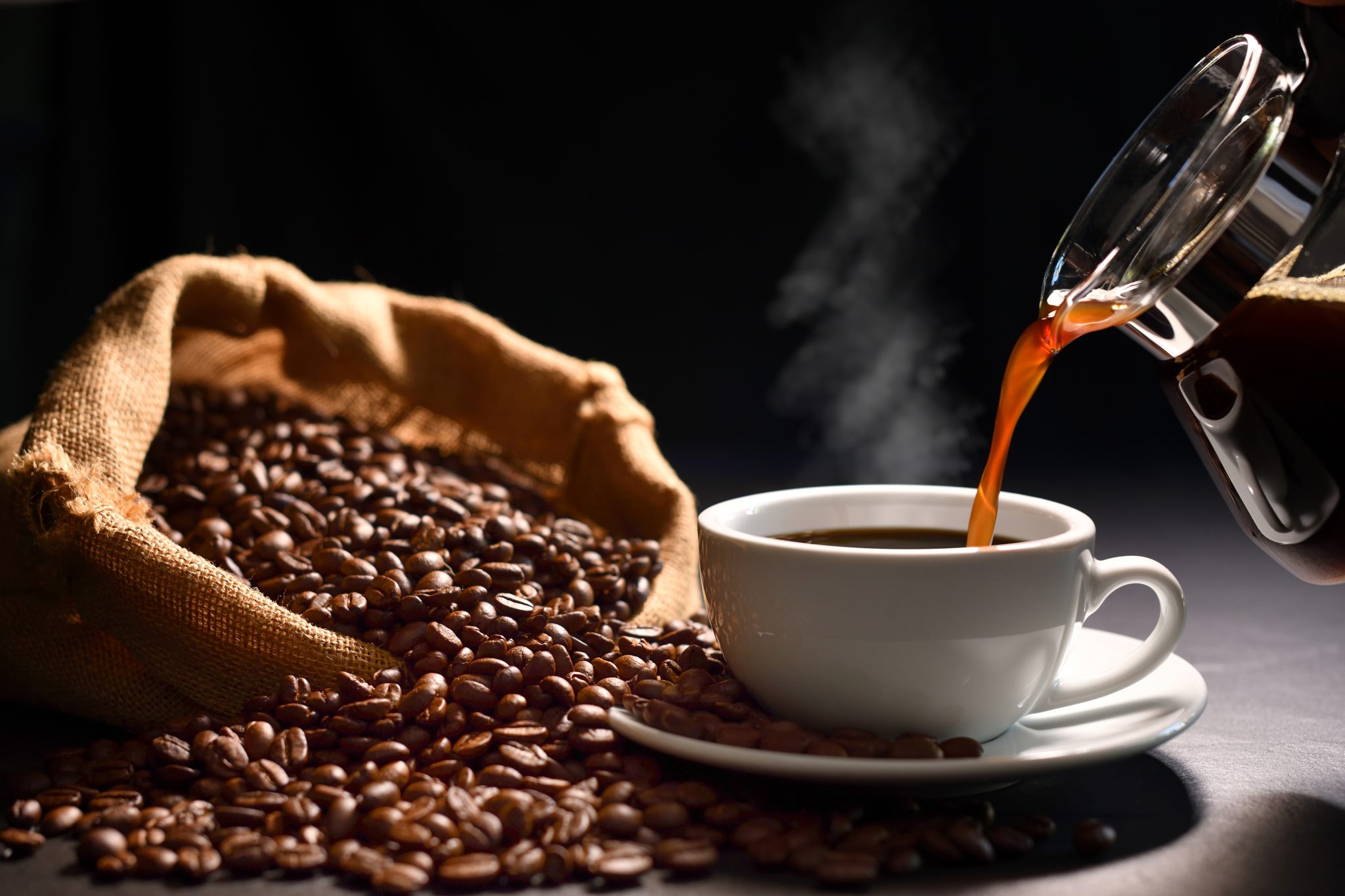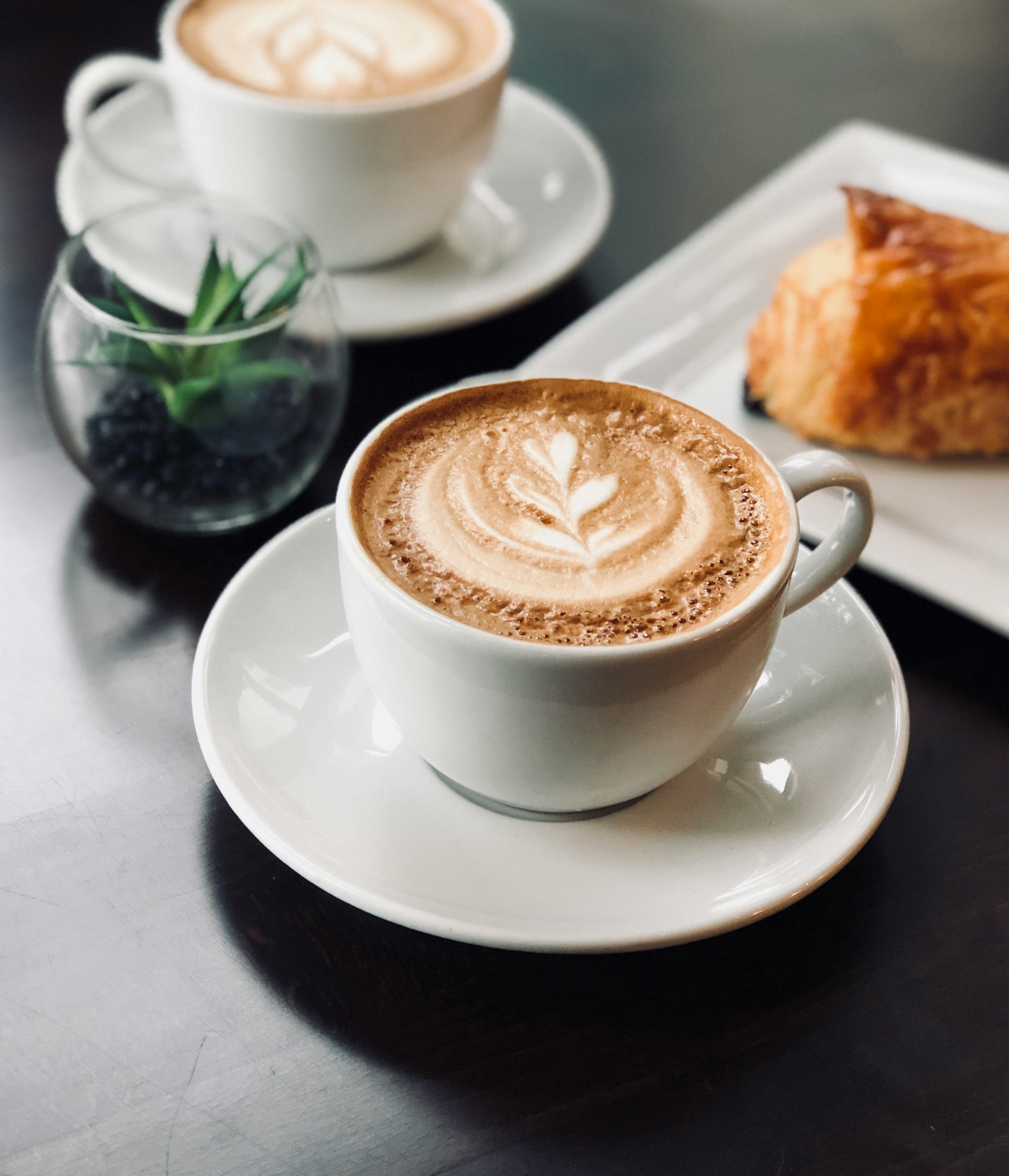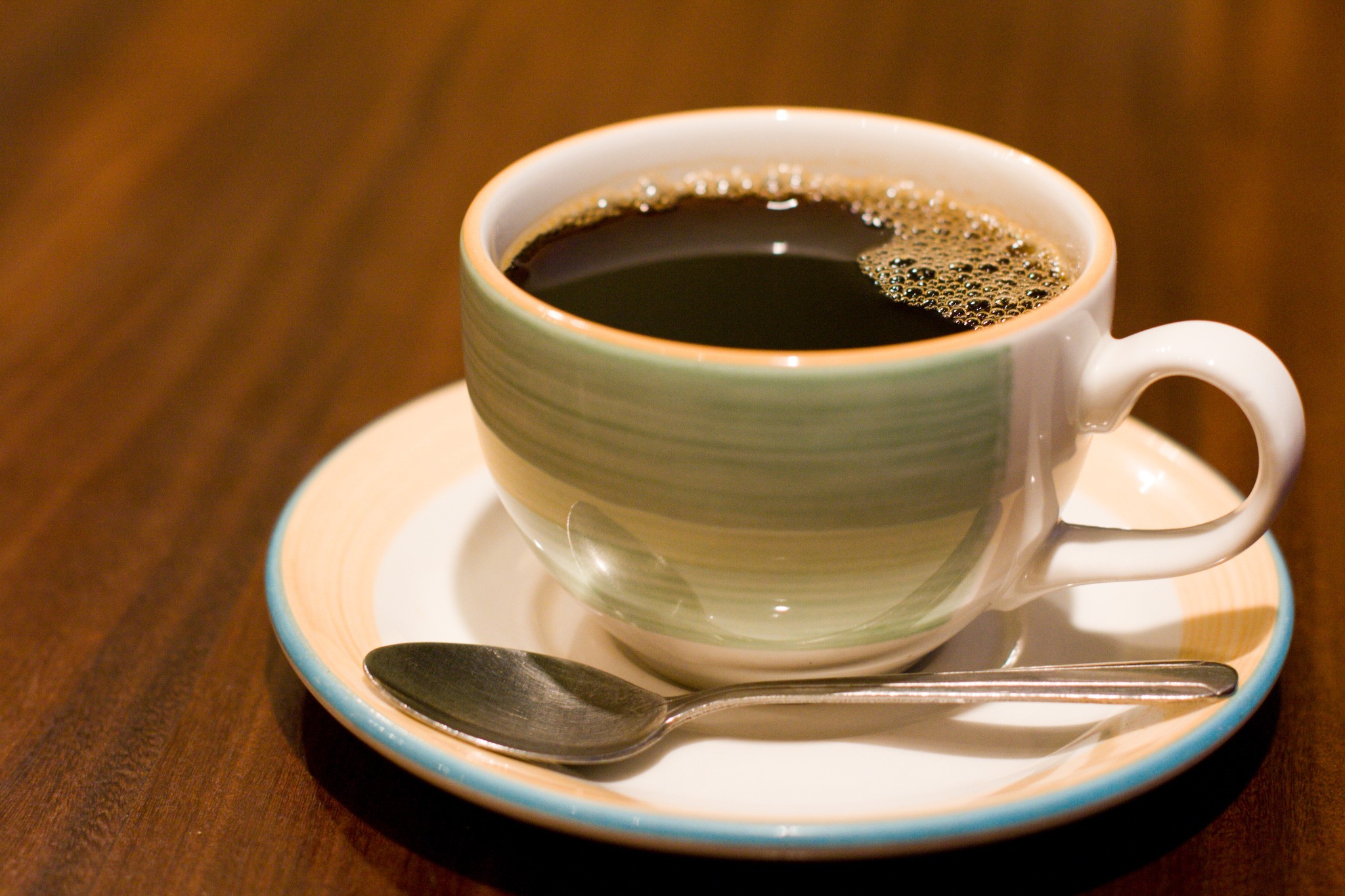Cafe Loco Panajachel - A Look At The Heart Of Coffee Spots
Imagine a place where the scent of freshly brewed coffee dances with the quiet hum of conversation, a spot that just feels right for a moment of calm or a friendly chat. These places, often called "cafes," are pretty special, really, offering more than just a drink. When you hear a name like "Cafe Loco Panajachel," it kind of makes you think of somewhere with its own distinct charm, a local hangout where the community gathers, perhaps, or a welcoming stop for folks just passing through. It's about that inviting feeling, you know, that sense of a comfortable space.
The word "cafe" itself, it's almost like a little chameleon, changing its colors a bit depending on where you are in the world. It originally comes from the French "Café," which, in its simplest form, means a place where coffee is served. In some places, it’s a lot like what we’d call a "Coffee Shop" or a "Coffee Bar" in English-speaking countries. But then, in other spots, it brings to mind a whole different kind of experience, with a broader menu, perhaps.
So, what exactly makes a place like "Cafe Loco Panajachel" fit into this diverse picture? Well, it's about exploring those subtle differences in what a "cafe" means across different cultures and languages. We'll take a little wander through the various ways this word is understood, and how that helps us appreciate what a particular cafe, like the one in Panajachel, might offer. It's quite interesting, actually, how one word can hold so many different ideas.
Table of Contents
- What Exactly is a Cafe Loco Panajachel-Style Spot?
- The E-Acute – A Little Accent, a Big Story
- Is a Cafe Loco Panajachel Just a Coffee Shop?
- Different Flavors of Casual Dining – Beyond Cafe Loco Panajachel
- How Does Cafe Loco Panajachel Fit into the Global Cafe Scene?
- The Digital Side of Cafe Loco Panajachel's World
- What About the Sounds and Sips at Cafe Loco Panajachel?
- Cafe Loco Panajachel and the Broader Cultural Tapestry
What Exactly is a Cafe Loco Panajachel-Style Spot?
The word "Cafe" itself, you know, it’s borrowed from the French word "Café," which pretty much means a place where you can get coffee. In a lot of ways, it's what we might think of as a "Coffee Shop" or a "Coffee Bar" if we were speaking English. Here in some places, when you see a sign with "Cafe" on it, you might automatically picture a Western-style eating place that serves things like pasta, some sweet treats, and, of course, coffee. So, it's a bit more than just a quick coffee stop, more like a full experience, in some respects.
Then again, a "Café" in continental Europe often points to a more traditional sort of coffeehouse, a spot that has been around for ages, perhaps. But in other parts of the world, a cafe could mean something else entirely. It might be a tea room, or maybe a smaller, budget-friendly restaurant – sometimes people even call these a "caff" informally. There are even places known as transport cafes, catering to travelers, or other kinds of eateries. It really just goes to show how flexible that one word can be, doesn't it?
This difference in meaning, you see, it's kind of a cultural thing, especially in the English-speaking world. It's about how we've come to use and understand the word. So, when you consider a place named "Cafe Loco Panajachel," it's worth thinking about which of these ideas it might lean towards. Is it a simple coffee stand, or a place where you can settle in for a meal? That's the question, isn't it? It's really interesting how language shapes our expectations.
- Richard Hoffman Police
- Qatar Airways Iran Flights
- Himynamestee Only Fans
- Is Riley Green A Republican Or Democrat
- Sophie Rain Spider Man Video
The E-Acute – A Little Accent, a Big Story
That little mark over the "e" in "Café," the one that looks like an apostrophe leaning forward, is called an "e-acute" in English. It comes from the French "accent aigu," which means a sharp accent. It’s pretty common, actually, to see this word, "café," pop up in English with that mark. In casual conversation, you might even hear it called "café-e," which is kind of a fun, informal way to refer to it. It’s almost like a little nod to its French roots, you know?
This word, "café," with its accent, is arguably one of the most frequently seen words with a special mark in the English language. It’s pretty much everywhere. When you're writing it out by hand, some people just naturally write that mark from top to bottom. It doesn't really matter much, I suppose, as long as it's there. If you're typing, it depends on what kind of keyboard setup you're using. For those occasional letters with accents in English, Windows 10, for example, lets you choose an international keyboard layout. Once you get it set up, it's fairly easy to type those characters.
So, the presence or absence of that accent in "Cafe Loco Panajachel" could subtly hint at its cultural leanings. Does it embrace the French spelling, suggesting a more European-style coffeehouse, or does it go for the more common English "Cafe," implying a broader, more casual spot? It’s a small detail, but it can tell you a little bit about the vibe, perhaps. That's just how language works, sometimes, conveying meaning in unexpected ways.
Is a Cafe Loco Panajachel Just a Coffee Shop?
But then, "Cafe" without that accent is quite a different story, especially in countries where English is the main language. In those places, this word usually points to a more relaxed sort of eating spot. You often find things like brunch, salads, and, of course, coffee on the menu. It's not just about the hot drinks; it's about a whole dining experience that’s a bit more laid-back. Unless, that is, you're in a European language that uses the word, like "café" in Spanish or "caffé" in Italian, where it still mostly means coffee.
So, if you’re thinking about "Cafe Loco Panajachel," you might wonder if it fits this description of a casual dining place. Does it offer those sorts of light meals and a relaxed atmosphere that people typically associate with a "Cafe" in the English-speaking world? It's a question that helps shape your expectations before you even step inside, isn't it? Knowing these distinctions helps you get a better sense of what kind of place you’re visiting.
Different Flavors of Casual Dining – Beyond Cafe Loco Panajachel
We all know what a buffet is, right? It’s where you serve yourself, no explanation needed there. A "cafe," as we often see it on street corners, is that coffee shop that mainly offers drinks and simple meals. The key thing to remember is "simple meals." It's not usually a full-blown restaurant with a huge menu, but rather a place for a quick bite or a refreshing drink. It’s just that kind of spot, you know, for a casual stop.
Then there's the "cafeteria," which is kind of in between a cafe and a full restaurant. These places, especially, are the ones where you typically grab a tray and walk around, picking out your food as you go. It’s a different kind of service style, more self-contained. So, when you hear "Cafe Loco Panajachel," it’s probably not a cafeteria. It’s more likely to be that cozy spot with a menu and table service, or at least a counter where you order, offering that simpler, more direct experience.
How Does Cafe Loco Panajachel Fit into the Global Cafe Scene?
The word "Café" in America can refer to a small restaurant that serves hot meals, something a bit more substantial than just coffee and pastries. But in continental Europe, it generally means a coffeehouse that focuses on coffee, perhaps with some cakes or small snacks like lasagna. It's a very specific kind of establishment, really, quite distinct from a full restaurant. So, the context matters a lot when you’re talking about a "Café."
On the other hand, a "Coffee shop" or "coffee house" in America specifically means a place that sells coffee-based drinks. These are the spots where you go for your latte, your cappuccino, or just a plain black coffee. They might have a few pastries, but the main event is definitely the coffee. So, a place called "Cafe Loco Panajachel" could be any of these things, depending on its actual offerings and the local customs. It’s pretty interesting how these terms shift and change across different places, isn't it?
The Digital Side of Cafe Loco Panajachel's World
It's worth noting that the term "cafe" also shows up in the digital world, in ways that might surprise you. For instance, "daum cafe" is kind of like the Korean version of Douban, a popular Chinese social networking site. "dc inside" is similar to Baidu Tieba, a huge Chinese online community, and "naver cafe" is often compared to Reddit, a well-known American social news aggregation site. These are all online communities, very different from a physical "Cafe Loco Panajachel," but they share the "cafe" name, perhaps suggesting a gathering place for discussion.
In fact, "naver cafe" is only accessible to users with a NAVER website account, much like how you need a Baidu account for some services. Since 2010, Korea has really tightened up on online information and pushed for mandatory real-name verification. So, when you sign up for an online account there, you usually have to link it to a Korean mobile phone number. This is a far cry from just walking into a physical cafe, but it shows how the idea of a "cafe" as a community hub has extended into the digital space. It’s pretty fascinating, actually, how a word can evolve.
There are even games, like the "Not Monday Cafe" management game on Steam, that use the "cafe" concept. This shows a completely different side of the word's usage, turning the idea of running a cafe into an interactive experience. So, while "Cafe Loco Panajachel" is a real place, the word "cafe" itself has taken on so many different forms, from physical gathering spots to online communities and even virtual worlds. It just goes to show how adaptable language is, more or less.
What About the Sounds and Sips at Cafe Loco Panajachel?
When you think about the drinks at a cafe, two popular ones, cappuccino and latte, can sometimes get mixed up. The main difference between them is the proportion of milk to milk foam. A cappuccino, typically, has more milk foam than milk, giving it that lighter, airier top. A latte, on the other hand, is usually mostly steamed milk with just a thin layer of foam. So, if "Cafe Loco Panajachel" serves these, knowing the difference can help you pick just what you’re looking for.
Then there's the Mocha, or "Cafe Mocha," which is essentially a chocolate-flavored latte. It's a popular choice for those who like a little sweetness with their coffee. As for the pronunciation of "Café," it's usually pronounced something like [kafe]. If you listen to a French dictionary, you'll hear it quite clearly as [kafe]. There's sometimes a question about whether it's [kafe] or [kafε], but the answer is consistently [kafe]. So, when you say "Cafe Loco Panajachel," you're probably saying it with that sound in mind.
Cafe Loco Panajachel and the Broader Cultural Tapestry
The word "Café" is French, isn't it? But you sometimes hear simple French phrases pop up in everyday English conversations, like "Bonne journée," meaning "Have a good day." It's that kind of feeling, a little touch of another language making its way into our daily talk. This just goes to show how languages borrow from each other and how words, like "cafe," can travel and pick up new meanings along the way. It’s pretty cool, actually, how that happens.
Consider "Bing Sut," for example, also known as "Bing Teng" in Cantonese. This refers to cold drink shops, originating in Guangzhou. These places were quite popular in Hong Kong during the 1950s and 1960s and are even seen as the forerunners of the "Cha Chaan Teng," which are those very popular local tea restaurants. This just adds another layer to the diverse world of casual eateries and coffee spots, showing how different cultures have their own versions of these gathering places. So, a place like "Cafe Loco Panajachel," in its own way, contributes to this rich, global picture of what a "cafe" can be, offering a unique slice of local culture and hospitality within this broad concept.



Detail Author:
- Name : Waino Bartoletti V
- Username : murphy.marielle
- Email : howell.rozella@pfeffer.net
- Birthdate : 2007-05-23
- Address : 16820 Champlin Loaf West Noeliafort, HI 09211-1883
- Phone : +1 (559) 424-9606
- Company : Kozey-Rice
- Job : Forming Machine Operator
- Bio : Nisi omnis atque ad saepe. Corporis neque explicabo placeat exercitationem beatae molestias ullam. Ipsum nesciunt dolorem dolor sed reprehenderit animi. Omnis harum quo error eveniet et.
Socials
facebook:
- url : https://facebook.com/rosenbaumw
- username : rosenbaumw
- bio : Aut aut dolor commodi voluptas quia optio.
- followers : 4260
- following : 1042
twitter:
- url : https://twitter.com/wilhelm7066
- username : wilhelm7066
- bio : Repellat omnis quaerat repellendus. Optio non nulla libero est cumque. Illum autem error accusamus saepe.
- followers : 3007
- following : 2279